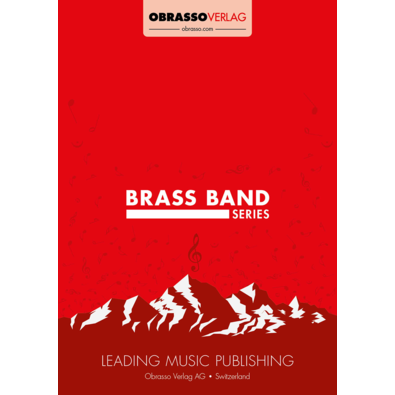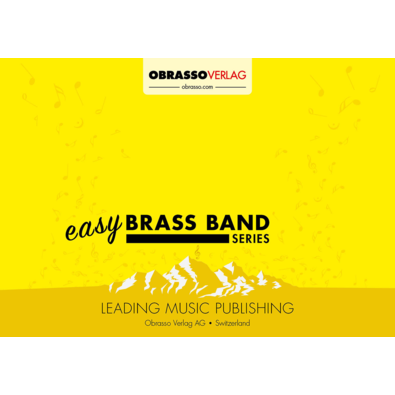We've found 276 matches for your search. Order by
Results
-
 £62.99
£62.99Tattoo - Thomas G-Son, Jimmy Erik Robert Jansson, Moa Carlebecker, Jimmy Thornfeldt, Peter Bostrom and Lorine Talhaoui - Frank Bernaerts
Estimated dispatch 7-14 working days
-
 £56.00
£56.00 -
 £70.40
£70.40 -
 £56.00
£56.00 -
 £56.00
£56.00 -
 £59.70
£59.70 -
 £59.70
£59.70Clothes Line Ballet - Thomas "Fats" Waller - Sandy Smith
Estimated dispatch 7-14 working days
-
 £56.00
£56.00 -
 £59.70
£59.70Elise, Is That You? - Ludwig van Beethoven - Thomas Ridgley
Estimated dispatch 7-14 working days
-
 £59.70
£59.70
